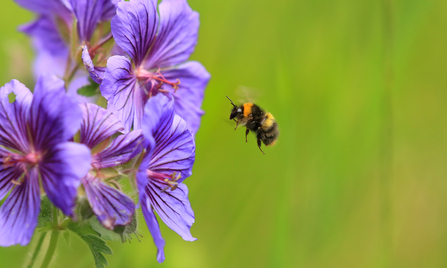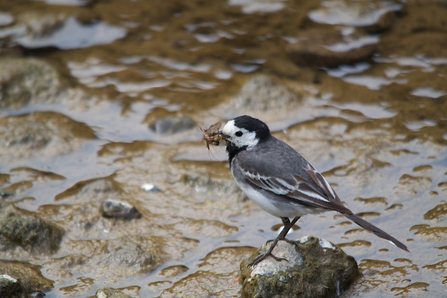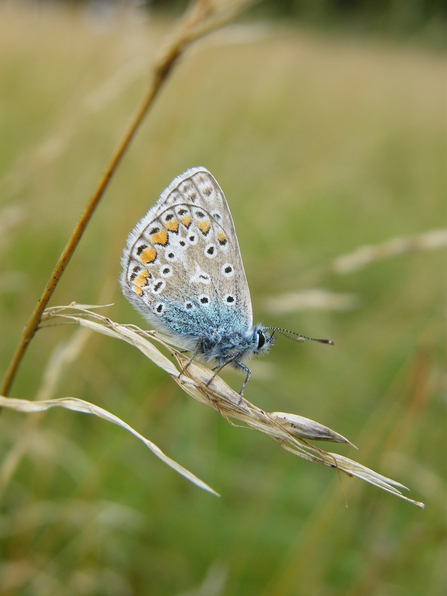The drastic decline of insects we have witnessed over the last 100 years affects us all. Some people may not like insects, others may barely even notice them, but we cannot afford to ignore them any longer.
The main reason we must take action for insects is purely selfish: it is taking action for ourselves and protecting our future.
If you need further convincing of the value of insects, here are some answers to the question: ‘What have insects ever done for us?’


